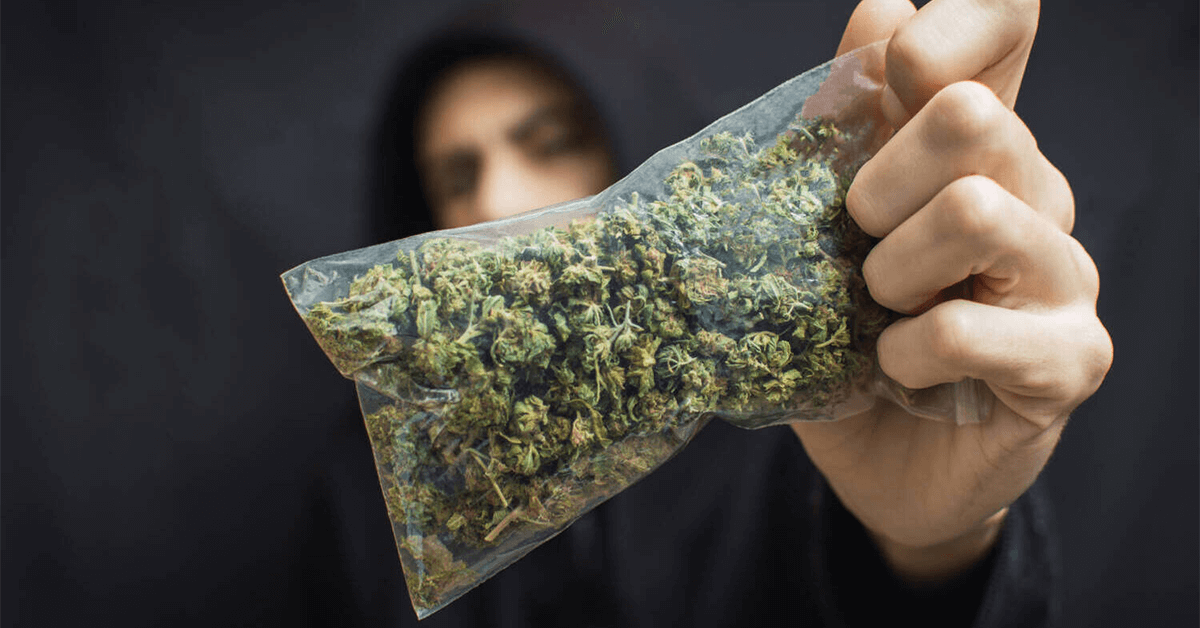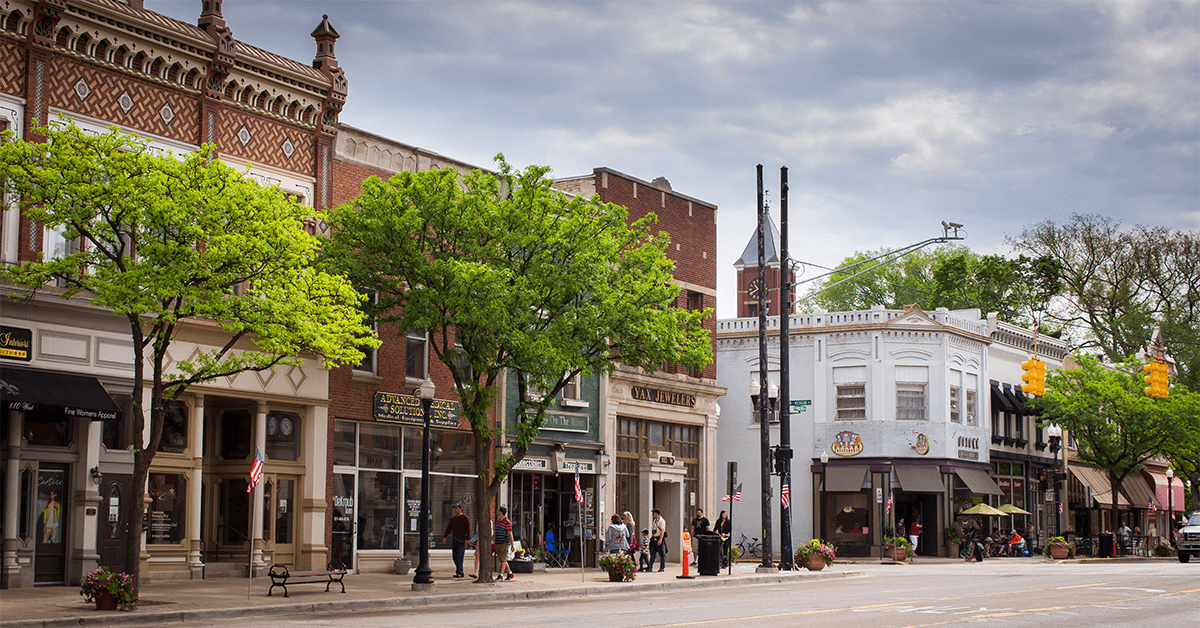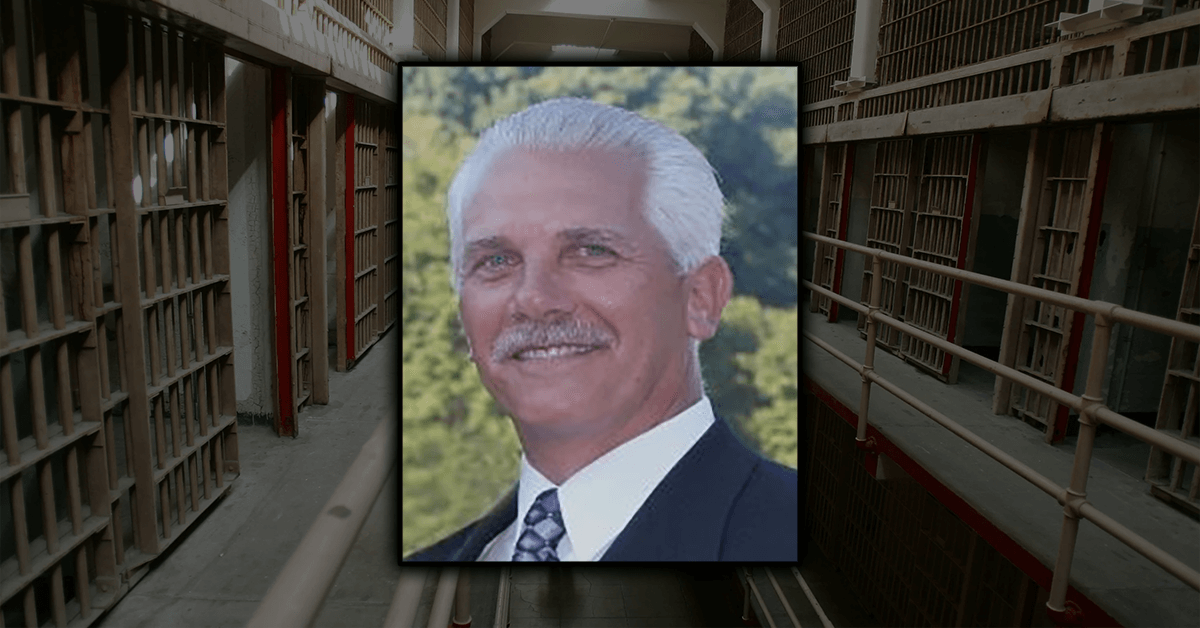The Impact of Legalization on Michigan's Underground Cannabis Dealers

In Michigan, the landscape of cannabis sales has undergone a profound transformation following the legalization of the substance for adult use. The approval by voters in November 2018 to legalize cannabis marked a significant shift in the state's approach, bringing about a new era that promised both opportunities and challenges. As dispensaries began to emerge across Michigan, a once thriving underground market found itself grappling with an uncertain future.
Marcus, a 31-year-old Detroit resident, exemplifies the impact of this shift on individual dealers who had previously found a lucrative, albeit illicit, livelihood in the cannabis trade. For years, Marcus had successfully navigated the underground market, catering to a discreet clientele with his high-quality hydroponic flower and cannabis concentrates. The job was not only profitable, bringing in more than $1,000 a week, but it also allowed him to avoid the corporate grind that had disillusioned so many of his peers. However, the legalization and subsequent proliferation of legal dispensaries drastically altered his business landscape.
Initially, Marcus managed to maintain a competitive edge by leveraging lower prices. While dispensaries were charging upwards of $500 for an ounce of flower in early 2020, Marcus could afford to offer the same quantity for $250 to $300. This price advantage, however, was short-lived. As the legal market matured and prices began to fall, Marcus found himself unable to compete. By April 2021, the cost of cannabis at dispensaries had dropped below the price at which Marcus could sustain his operation. Reluctantly, he exited the business, transitioning to a job at a vape shop, where he earns less but appreciates the reduced risk and stress associated with legal employment.
The story of Michigan's legal cannabis market is not just about the financial implications for dealers like Marcus but also about the broader impact on consumer behavior and the illicit market as a whole. With the advent of legal dispensaries, consumers now have access to a diverse array of products, competitive pricing, and the assurance of safety and quality. These factors have significantly diminished the appeal of the underground market, leading many former customers of dealers like Marcus to opt for the legal alternative.
Despite these challenges, some underground operators remain resilient. Nick, another Detroit-based dealer, has managed to sustain his operation by capitalizing on his deep-rooted experience and reputation for quality. With over two decades of growing experience, Nick produces marijuana that is renowned among his clientele for its potency and quality. By adjusting his prices and emphasizing the trust and consistency he offers, Nick continues to serve a loyal customer base that values the personal connection and expertise he brings to the table.
However, the allure of the legal market is not lost on those who have traditionally operated in the shadows. Randy, for instance, saw the legalization of medical marijuana in 2008 and later recreational cannabis as an opportunity to transition to a legal business. The challenges of navigating the legal landscape, however, proved daunting. The financial barriers to entry, including the high cost of licensing and the lack of banking support due to federal restrictions, have made the path to legitimacy prohibitively expensive for many. As a result, individuals like Randy are forced to weigh their aspirations against the harsh realities of the legal cannabis market.
Michigan's journey toward cannabis legalization encapsulates the complex interplay between regulation, market dynamics, and individual livelihoods. As the state continues to refine its approach to cannabis, the stories of Marcus, Nick, Randy, and countless others serve as a testament to the evolving challenges and opportunities that accompany the transition from an illicit to a legal market.
Share this article:
Spotted a typo, grammatical error, or a factual inaccuracy? Let us know - we're committed to correcting errors swiftly and accurately!








 Helpful Links
Helpful Links